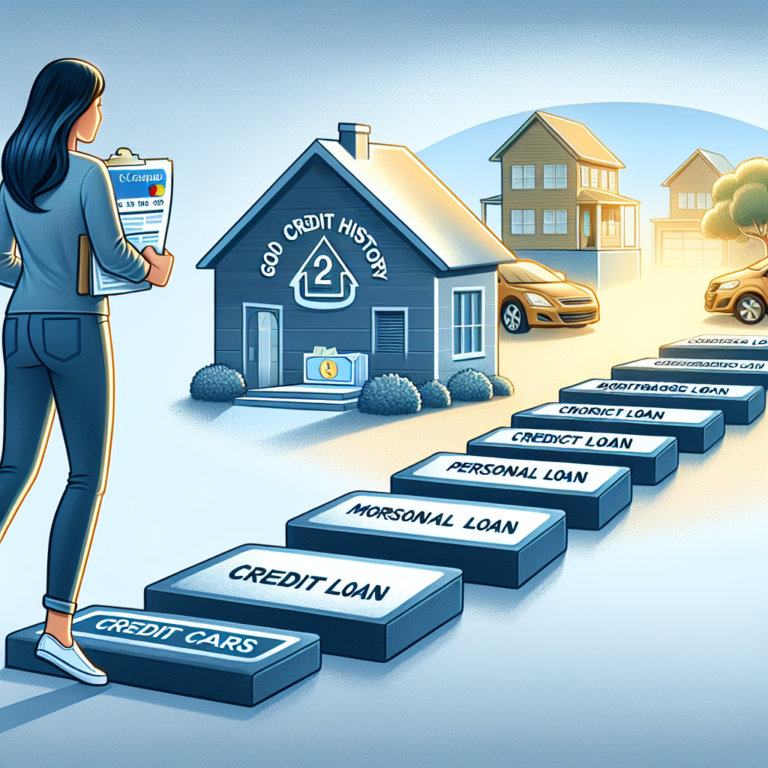Finding oneself in a maze of debts can be overwhelming and stressful. Whether it’s from credit cards, personal loans, or other financial responsibilities, the burden of debt can feel endless. One effective way to manage and potentially eradicate your debt is through debt consolidation. Debt consolidation involves combining all your outstanding debts into a single loan, usually with a lower interest rate, thereby simplifying repayment and potentially saving you money over time. However, the success of debt consolidation largely hinges on choosing the right service. This detailed guide elaborates on how to choose the right debt consolidation service to help you navigate this crucial decision.
Understanding Debt Consolidation
Before diving into the selection process, it’s essential to understand what debt consolidation entails. The concept is simple: you take out a new loan to pay off multiple existing debts. This way, instead of juggling multiple payments and interest rates, you focus on a single monthly payment. Various types of debt consolidation services exist, including personal loans, balance transfer credit cards, and specialized debt consolidation loans offered by financial institutions or lenders.
Assess Your Financial Situation
The first step in choosing the right debt consolidation service is to comprehensively assess your financial situation. This involves:
- Listing all your debts: Include the amounts owed, interest rates, and monthly payment amounts.
- Reviewing your credit score: Some debt consolidation options may not be available if your credit score is too low.
- Analyzing your income and expenses: Be realistic about what you can afford for monthly repayments.
By having a clear picture of your debt and financial standing, you can better evaluate which debt consolidation service suits your needs.
Types of Debt Consolidation Services
Debt consolidation services come in various forms, each with its own set of advantages and disadvantages. Here’s a detailed look at a few common options:
Debt Consolidation Loans
These loans are specifically designed to pay off multiple debts. They typically come with fixed interest rates and a set repayment term. This means you’ll have predictable monthly payments and can budget accordingly.
Pros:
- Fixed interest rates
- Predictable repayment term
- Potential for lower monthly payments
Cons:
- May require good credit
- Potential for high origination fees
- Secured loans may require collateral
Balance Transfer Credit Cards
These cards offer the option to transfer balances from high-interest credit cards to one with a lower interest rate, often with a 0% introductory APR for a limited period.
Pros:
- Potentially 0% interest for a set period
- Easy to manage single payment
- No collateral required
Cons:
- High-interest rates after the introductory period
- Transfer fees can add up
- May require excellent credit
Home Equity Loans or Lines of Credit (HELOC)
If you own a home, you can leverage your home’s equity to take out a loan or line of credit to pay off your debts. These options tend to have lower interest rates because they are secured by your home.
Pros:
- Lower interest rates due to security
- Potential tax benefits
- Large loan amounts available
Cons:
- Risk of losing your home if you default
- Potential high closing costs
- Extended loan terms can lead to more interest paid over time
Researching Debt Consolidation Providers
Once you understand your financial situation and the types of debt consolidation services available, the next step is researching providers. Here’s what to look out for:
Reputation
Research the reputation of the lender or financial institution. Look for customer reviews, BBB ratings, and any negative reports. Reliable providers will have a strong track record and positive feedback from customers.
Interest Rates and Fees
Compare interest rates, fees, and terms from various providers. A lower interest rate can save you significant money over the life of the loan. Watch out for hidden fees, such as application fees, origination fees, and prepayment penalties.
Customer Service
Good customer service is crucial, especially when dealing with financial matters. Ensure the provider has a responsive customer service team that can answer your questions and guide you through the process efficiently.
Financial Advising
Some debt consolidation services offer financial advising as part of their package. These advisors can help you create a budget, understand your financial habits, and provide tips to avoid future debt.
Flexibility
Look for providers that offer flexible terms that fit your financial situation. This includes the length of the loan, the ability to modify payment dates, and options for hardship plans if you run into financial difficulties.
Beware of Scams
The debt consolidation industry is unfortunately rife with scams. Be on the lookout for red flags, such as:
- Guaranteed approval without a credit check: Reputable lenders will always check your creditworthiness.
- Upfront fees: Avoid any service requiring hefty fees before providing any service.
- Poor communication: Legitimate companies will have clear communication channels and provide transparent information.
- Pushy sales tactics: Beware of companies that use high-pressure tactics to get you to sign up quickly.
If something feels off, trust your instincts and consider looking elsewhere.
Seek Professional Advice
If you’re unsure about the best option, consider seeking advice from a financial advisor. A professional can provide personalized guidance based on your financial situation, helping you to make an informed decision.
The Importance of a Repayment Plan
Finally, remember that debt consolidation is just one step on the path to financial freedom. It’s vital to have a realistic and actionable repayment plan. Stick to this plan, avoid accruing new debt, and work towards building an emergency fund to prevent future financial crises.
In conclusion, choosing the right debt consolidation service requires careful consideration of your financial situation, understanding the types of debt consolidation available, researching providers thoroughly, being aware of potential scams, and seeking professional advice if needed. With these steps, you can effectively consolidate your debt, simplify your repayments, and work towards a debt-free future.





